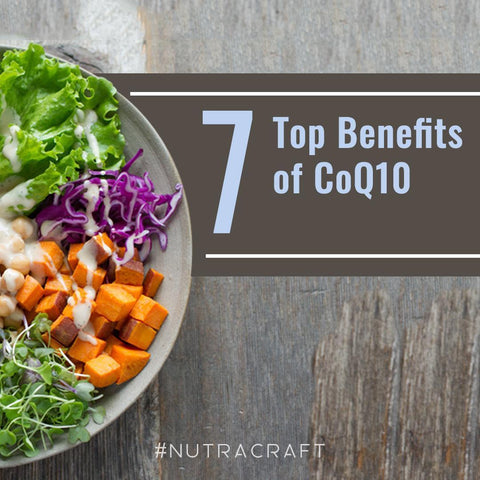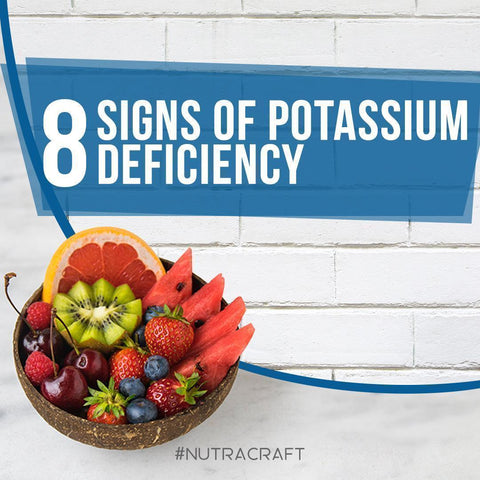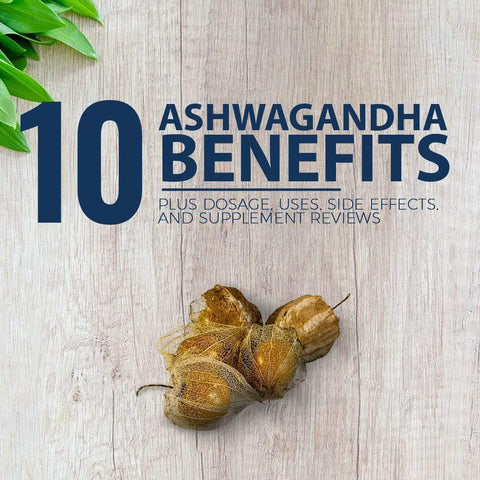
“Do children need mother’s milk from another species in order to grow to their optimal height?”
The New Zealand Herald recently reported that researchers have found that children who drink plant-based milk end up being a little shorter than children who drink cow's milk1.
But is cow’s milk really good for you? Do children need it to get their necessary nutrition?
Researchers from the St. Michael's Hospital in Toronto analyzed more than 5,000 children between the ages of two and six. Ninety-two percent of these children drank cow’s milk, and other 8% drank plant-based milk made from either almonds or soy.
Children who drank three cups of cow’s milk per day were 1.5 cm taller than average for their age. And for each cup of plant-based milk that children drank, they were 0.4 cm shorter than average 2.
Children who drank one glass of cow’s milk per day were 0.2 cm taller than average for their age 1.
These researchers made their conclusion clear: “Non-cow milk consumption was associated with lower childhood height” 2.
Why does cow’s milk make children taller?
The researchers concluded that “future research is needed to understand the causal relations between non-cow milk consumption and height” 2. In other words, they can’t make a definitive statement as to why cow’s milk had this effect.
The New Zealand Herald article does quote one of the authors of the study, Dr. Jonathan Maguire, who speculates that “cow's milk has been a reliable source of dietary protein and fat for children, two essential nutrients to ensure proper growth in early childhood” http://www.nzherald.co.nz/lifestyle/news/article.cfm?c_id=6&objectid=11872089. Plant-based milk “may have lower nutritional content,” says Dr. Maguire 1.
So the primary reason cow’s milk makes children grow taller is that it has more protein and fat in it? That’s all?
That might not be all. Perhaps these researchers are overlooking something right under their noses.
Exclusive Bonus! Download the FREE report ‘5 Top Supplement for Optimum Health’ by clicking here.
Cow’s Milk: Fuel for Pro-Growth Hormones

Other researchers can shed some light on the reason that cow’s milk promotes physiological growth. Their description of dairy might blow your mind and change your perspective. In the title of their paper published in Nutrition Journal in 2013, they state that milk “is not just a food” 3.
Instead, they believe that cow’s milk is a “sophisticated endocrine [hormonal] signaling system” 3, and the purpose of this substance is to make calves grow fast. After all, that is why calves drink their mother’s milk, isn’t it – so that they grow big and strong?
The amino acid profile of cow’s milk causes a cascade of pro-growth hormones that signal cells to proliferate 3. To be specific, milk increases plasma (a component that makes up about 55% of the body’s total blood volume) levels of a multitude of hormones – “glucose-dependent insulinotropic polypeptide (GIP), glucagon-like peptide-1 (GLP-1), insulin, growth hormone (GH) and insulin-like growth factor-1 (IGF-1) for mTORC1 activation” 3.
These hormones stimulate the proliferation of cells (or cell growth). For example, growth Hormone (GH) and insulin-like growth factor-1 (IGF-1) are involved in increasing height 4 5. mTORC1 is also a powerful cell growth-stimulating protein complex 3. And you’ve probably heard the role that insulin plays in transferring sugar into the cells and increasing fat storage which makes it one of the components essential to growth.

Many of these hormones are necessary in low to moderate amounts for the normal healthy functioning of bodies. However, high amounts of these hormones have been tied to many diseases. Higher amounts of mTORC1, for instance, are associated with many chronic health issues like “acne, obesity, type 2-diabetes, arterial hypertension, Alzheimer´s disease”3.
Chronically elevated insulin can play a role in many illnesses and contribute to weight gain, and it is associated with increased oxidative damage to your body9.
Key Point
Essentially, when you drink milk, you are getting a powerful boost of growth hormones, which is typically not a good thing for adults but may be fine for children. You may want to ask your pediatrician whether children should consume extra growth hormones from their food, but researchers say that humans don’t require extra growth hormones like mTORC1 after the lactation period3.
For adults, research is clear that it is healthier to have lower levels of hormones such as mTORC1 and insulin8.
Is cow’s milk required to fulfill nutritional needs?
The New Zealand Herald article cites the higher protein and fat content in cow’s milk is possibly responsible for its growth-promoting effects1. If this is the case, then it’s certainly possible for children to get the necessary protein and fat from food sources other than milk. To put it another way, milk wouldn’t necessarily be required for proper growth.
But don’t you have to drink milk to get adequate calcium? No. Plain and simple. Humans are classified as primates, and what do other primates eat? Largely leaves and fruit. They get their calcium from green plants, and we should get much of our calcium from antioxidant-rich leafy greens as well.
Cow’s milk does contain numerous necessary and beneficial vitamins and minerals, including B-vitamins, antioxidant vitamins A and E, as well as minerals like zinc, magnesium, selenium, and iodine10. But if necessary, these nutrients can be consumed through other foods.
Besides the hormone question, are there any risks or downsides associated with cow’s milk?
Yes – there are numerous potential downsides to consuming cow’s milk.
The level of industrial pollutants in milk has been one concern regarding its consumption. Cow’s milk consumption is correlated with increased rates of Parkinson’s disease in men. Some think this is because of the contamination of milk by polychlorinated biphenyls (PCBs)11 12. Autopsies of deceased Parkinson’s sufferers have shown that the amounts of several types of PCBs were “significantly elevated” in their brains13.
there are numerous potential downsides to consuming cow’s milk.
Another cause for concern is that milk can contain endotoxins–toxins given off by bacteria., And these can cause spikes of damaging inflammation in the consumer13 14 15. Although it's difficult to say how endotoxin content of milk can affect humans, researchers have expressed concerns that endotoxins in powdered milk formula might harm the health of infants16.
Interestingly, a sugar in cow’s milk, galactose, is used to accelerate the aging of mice in medical studies19. Research has shown that this volatile sugar substantially increases damage to the proteins in mouse bodies through a process called glycation19. Glycation occurs in humans as well and is associated with nearly every degenerative disease20.
In conclusion, like with any food, it is up to you to weigh the pluses and minuses of consuming cow’s milk and choose what you believe is healthy for you or your kids. Just make sure it’s nutritious! If you’re concerned about your family consuming cow’s milk, there are certainly many other sources of fat and protein that can fulfill a child’s needs.










